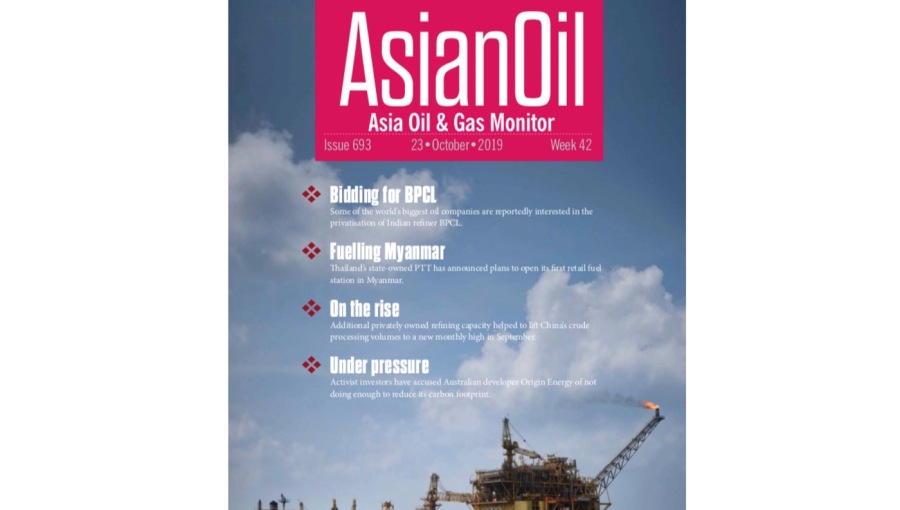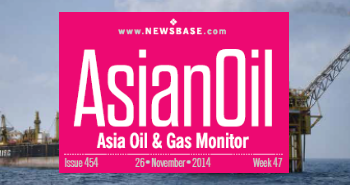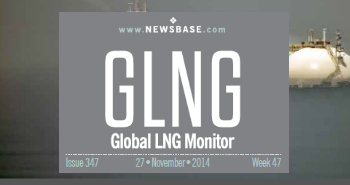AsianOil: Sinopec completes Qingdao LNG terminal expansion

China’s state-run Sinopec has finished the first stage of expansion work at its Qingdao liquefied natural gas (LNG) import facility in Shandong Province.
The company said on August 24 that it had finished building two 160,000 cubic metre storage tanks, expanding the terminal’s handling capacity by 17% from 6mn tonnes per year to 7mn tpy. Work on the project began in November 2018.
Sinopec added that it intended to further expand the terminal’s capacity to 14mn tpy by end of 2023, making it the country’s largest import facility at that point.
The expansion comes just a few months ahead of the country’s winter heating period, when demand will begin to pick up and the prospect of supply shortages increases.
China’s LNG imports climbed by 13.7% year on year in July to 5.67mn tonnes, according to General Administration of Customs (GAC) data published on August 18. Imports in the first seven months of the year climbed by 25.3% on the year to 45.25mn tonnes.
China’s piped gas imports rose by 58.5% in July to 3.67mn tonnes and by 21.6% in the first seven months to 23.71mn tonnes.
LNG imports have grown at a faster pace this year than in 2020, when shipments climbed by just 11.1% y/y to 60.7mn tonnes. Pipeline imports actually shrank by 4.9% to 34.5mn tonnes.
Chinese demand for LNG is expected to remain strong for the rest of the year despite spot market prices hovering around the $15.50 per mmBtu ($428.73 per 1,000 cubic metre) mark. China’s utilities strive to stockpile supplies ahead of peak winter demand.
The average price for October delivery into Northeast Asia was estimated at around $15.50 per mmBtu, Reuters cited unnamed industry sources as saying on August 20.
This, however, is a far cry from the record highs noted in January, when prices hit $30 per mmBtu ($829.8 per 1,000 cubic metres). As such, Chinese buyers are willing to pay now in the hopes of being able to avoid entering the market when prices are even higher.



Follow us online